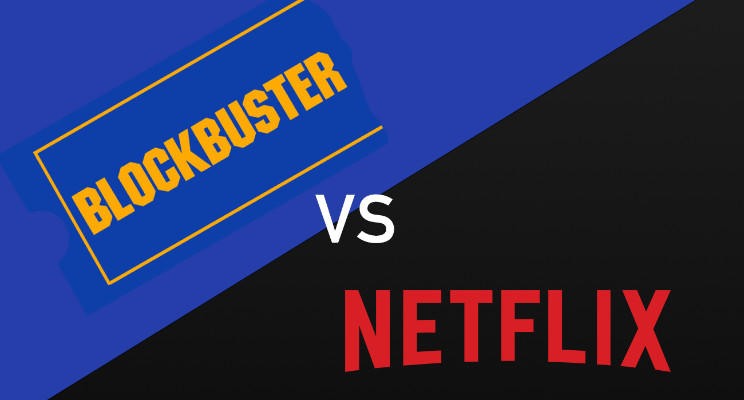The art of navigating consistency and spontaneity
Is the world better with consistency or spontaneity?
Do you prefer to power of algorithms to push you the music, products and experiences you like, based on what you have previously liked?
Or, do you prefer to experience the new, unexpected?
Research by Rentfrow and Gosling (2003) suggests that during these years, people are most open to exploring diverse genres and tend to form deep emotional connections with music.
A 2018 study published by the Centre for Economic Policy Research found that willingness to take risks decreases with age, suggesting that older individuals may become more risk-averse and less likely to try new things.
The consistency of life, of work, of business, starts to get a rhythm, a comfort.
We all love our daily rituals, those things that keep our sanity – the morning coffee, walking the dog, family dinner or favourite TV show.
Customers generally prefer businesses that demonstrate consistency because it builds trust, reliability, and emotional connection, leading to greater satisfaction and loyalty. Research by McKinsey highlights the importance of consistent customer journeys in fostering trust, while studies on branding emphasise that consistent messaging enhances recognition and differentiation (Springer).
Yet, consistency can become monotonous, making it difficult to foster growth, either figuratively or metaphorically. In a world increasingly shaped by algorithms, our experiences are curated with remarkable precision, tailored to our preferences and habits, almost creepy.
A study by the MIT Sloan Management Review highlights that algorithm recommendation systems can narrow users’ information horizons, contributing to societal divisions.
Even worse, the imperative of consistency can risk businesses remain relevant.
That’s where spontaneity comes in to keep giving customers and prospective customers something new, and ensuring businesses remaining fresh and evolving to current needs.
Spontaneity has been shown to improve mental health, enhance creativity, and strengthen relationships by encouraging openness, adaptability, and deeper social connections. Research highlights that unplanned activities reduce stress and foster creative thinking, as discussed in The Oxford Handbook of Spontaneous Thought and Psychology Today.
Getting the balance right is complex. How to remain trusting and retain existing customers, while enticing emerging target segments.
Perhaps skew to consistency, while allowing space for innovation and spontaneity.
Human research play a critical role in getting the consistency versus spontaneity balance right for businesses (and other decision makers). Christian Madsbjerg, in his book Sensemaking, emphasises the importance of integrating human research into business strategies to achieve this balance. He advocates for a “sensemaking” approach, which involves understanding human behavior through disciplines like cultural insight, anthropology and sociology. This enables businesses to maintain consistent brand values while adapting spontaneously to cultural shifts and consumer needs.
“An algorithm can arrive at optimisation, but only a human being—an artist, a thinker, a mathematician, an entrepreneur, a politician—only someone with a sense of perspective can interpret the meaning of the destination.” Christian Madsbjerg
By deeply comprehending the human context, decision makers can navigate between steadfastness and innovation.




